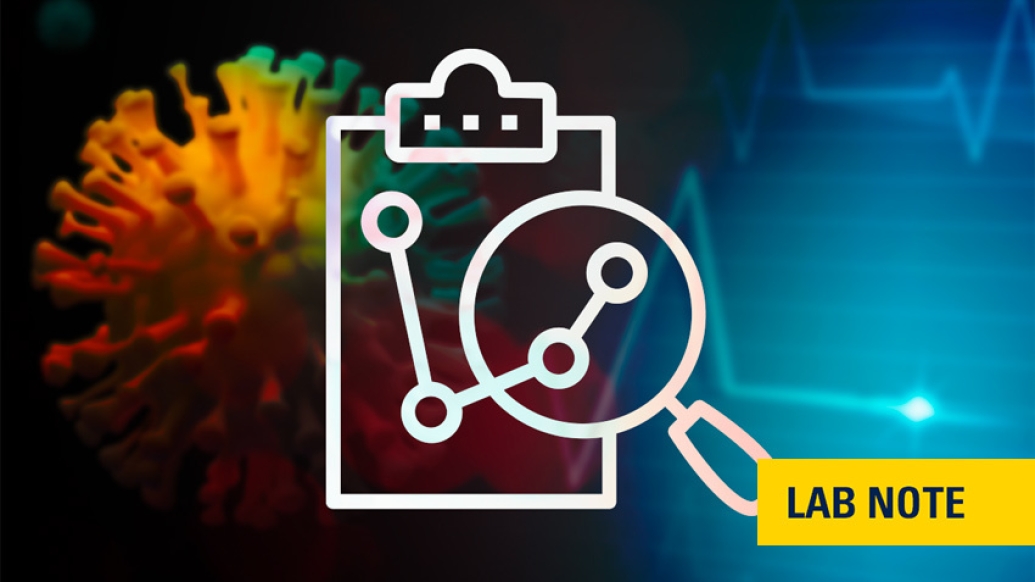The predictive analytic outperformed two similar technologies.
2:48 PM
Author |

During yet another surge of COVID-19 cases and hospitalizations, open beds are precious commodities to ICU staff making triage decisions. Early intervention is key to stopping overflow.
In a study published in JMIR: Medical Informatics, researchers at MCIRCC found that their technology outperformed similar products used to predict deterioration for both general ward and COVID-19 patients requiring transfer to intensive care units. The analytic, known as PICTURE (Predicting ICU Transfer and other Unforeseen Events), was significantly more accurate at identifying when patients may need life-saving intervention than the Epic Deterioration Index (EDI), an existing product used for patient deterioration investigation.
PICTURE's machine learning algorithm crunches an array of data, including vital signs, lab results and demographic information to flag patients at the highest risk of decline. The model is able to explain what risk factors influence the prediction, helping clinicians respond faster.
"The PICTURE model is able to integrate data from the electronic health record and transform it into meaningful predictions based on the patient's risk of experiencing an adverse outcome," says Brandon Cummings, a data scientist at MCIRCC. "This is especially important in the case of COVID-19 patients, who can deteriorate rapidly and unexpectedly. By predicting these events before they occur, PICTURE can give clinicians time to react and stabilize the patient before more drastic measures are required."
The study was the first PubMed indexed paper to report a direct, head-to-head comparison with Epic's EDI for COVID-19 patients. Researchers at MCIRCC are working to test PICTURE in other health systems and develop specialized versions of it for other populations, including rehabilitation and sepsis patients.
"The ability to anticipate these events will be valuable when considering potential future waves of COVID-19 infections," says Kevin Ward, M.D., executive director of MCIRCC. "However, the real value will be the continued use of PICTURE in all hospitalized patients no matter what the situation is."
DISCLOSURES: This study was supported in part by the Michigan Institute for Data Science. "Propelling Original Data Science (PODS) Mini-Grants for COVID-19 Research" award. Andrew Admon, M.D., M.P.H., M.Sc., has received funding from NIH/NHLBI.
CONFLICTS OF INTEREST: Christopher Gillies, Ph.D., Richard P. Medlin, Jr., M.D., M.S.I.S., and Kevin Ward, M.D., have submitted a patent regarding the machine learning methodologies presented in this paper through the University of Michigan's Office of Technology Transfer.
Paper cited: "Predicting Intensive Care Transfers and Other Unforeseen Events: Analytic Model Validation Study and Comparison to Existing Methods," JMIR Medical Informatics. DOI: 10.2196/25066

Explore a variety of health care news & stories by visiting the Health Lab home page for more articles.

Department of Communication at Michigan Medicine
Want top health & research news weekly? Sign up for Health Lab’s newsletters today!





